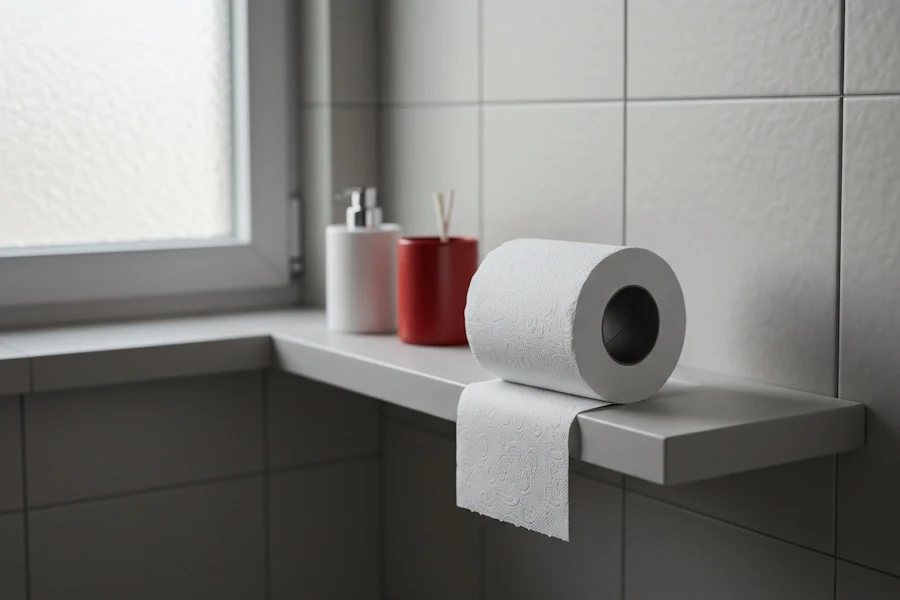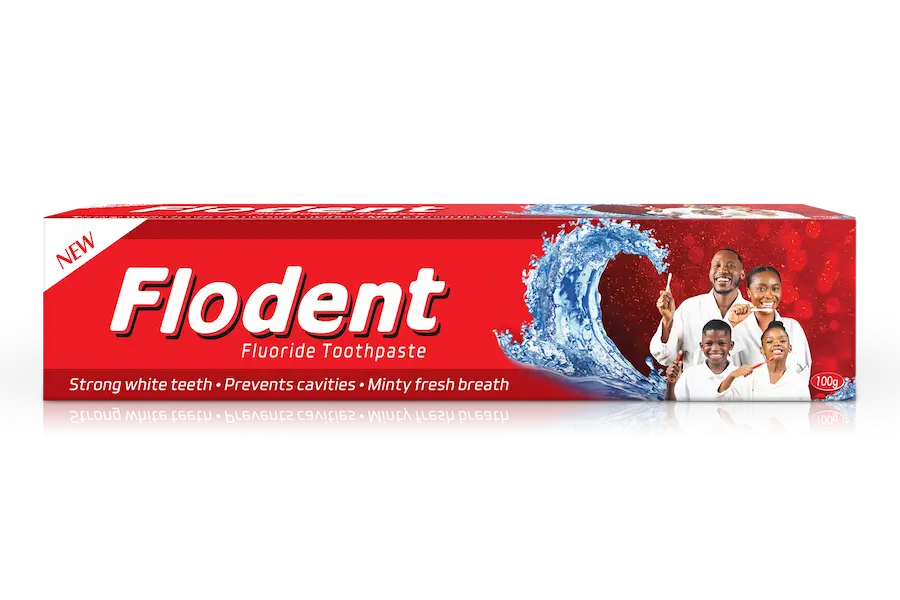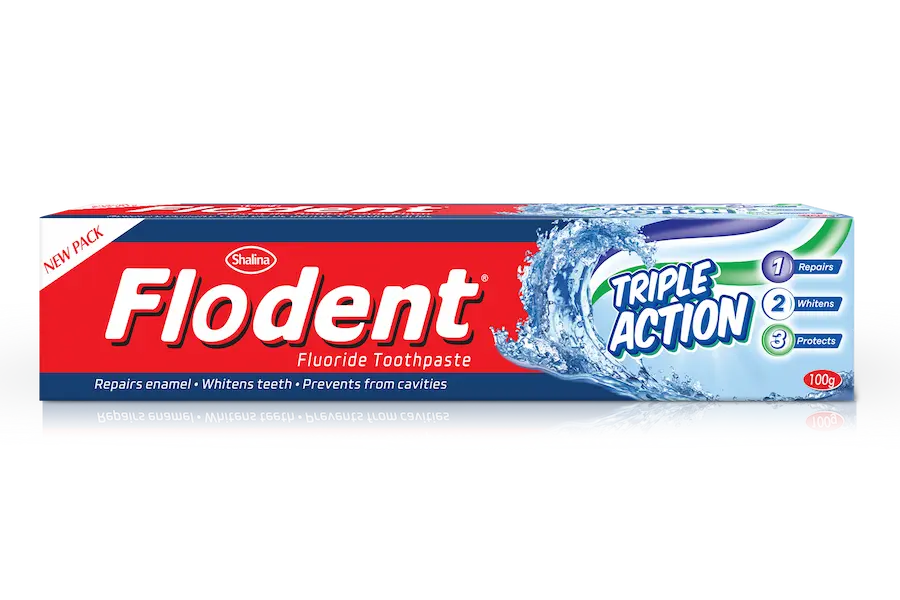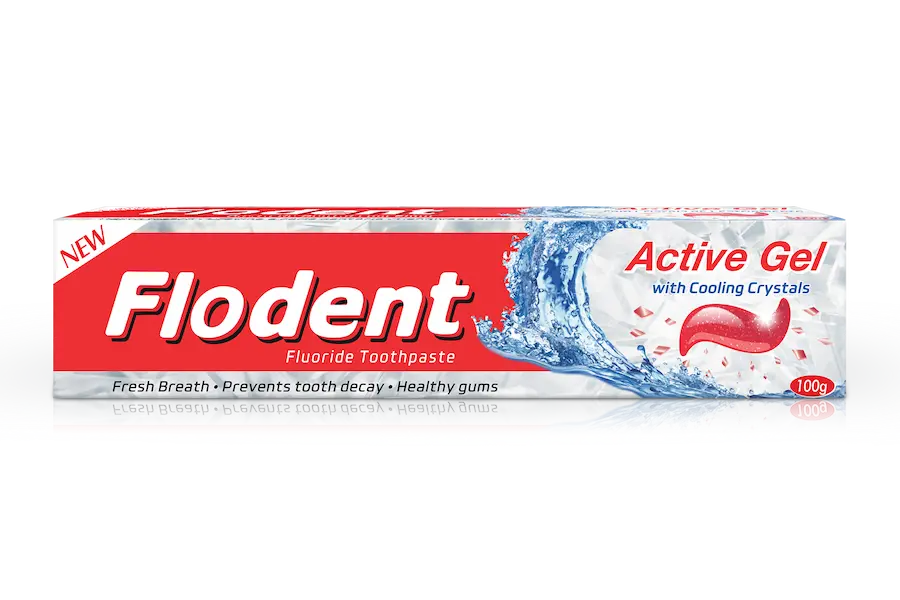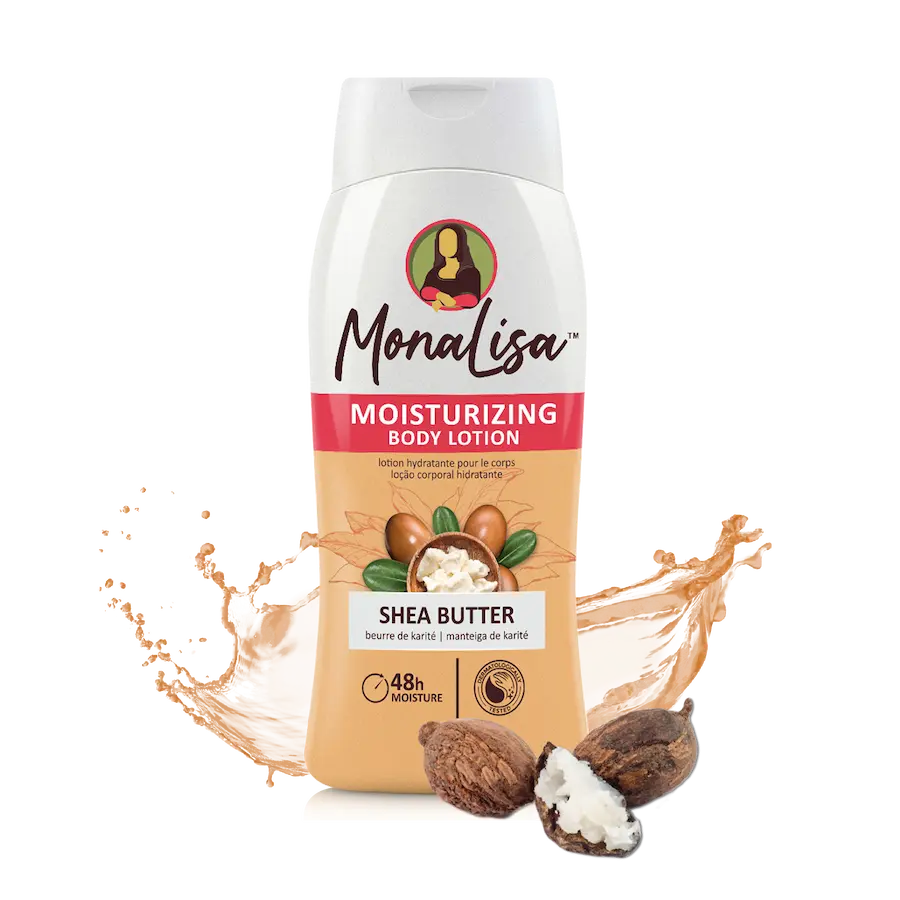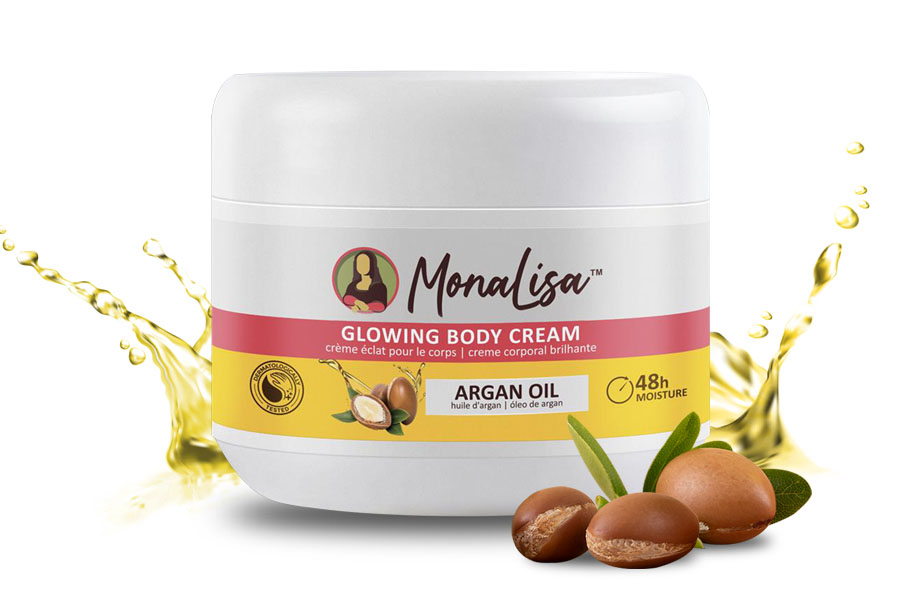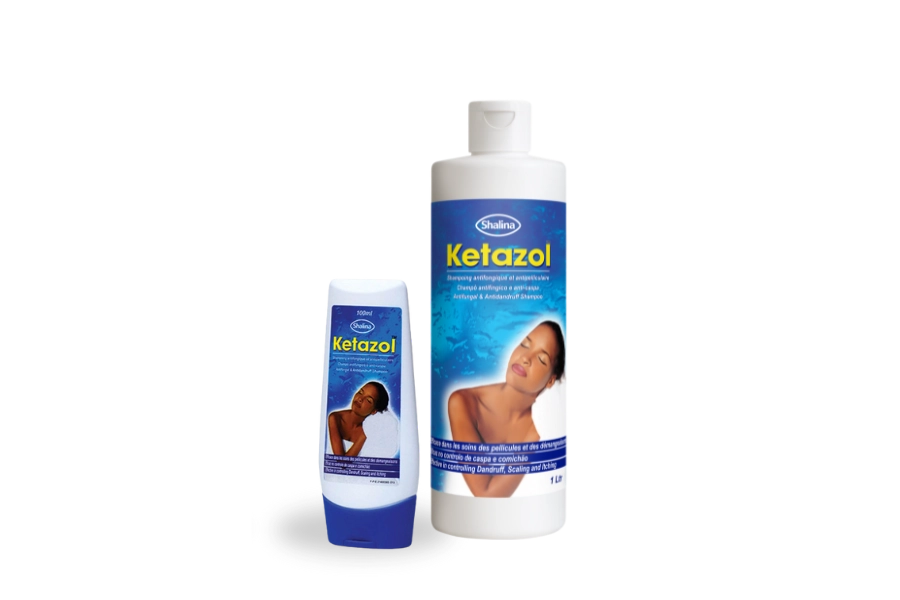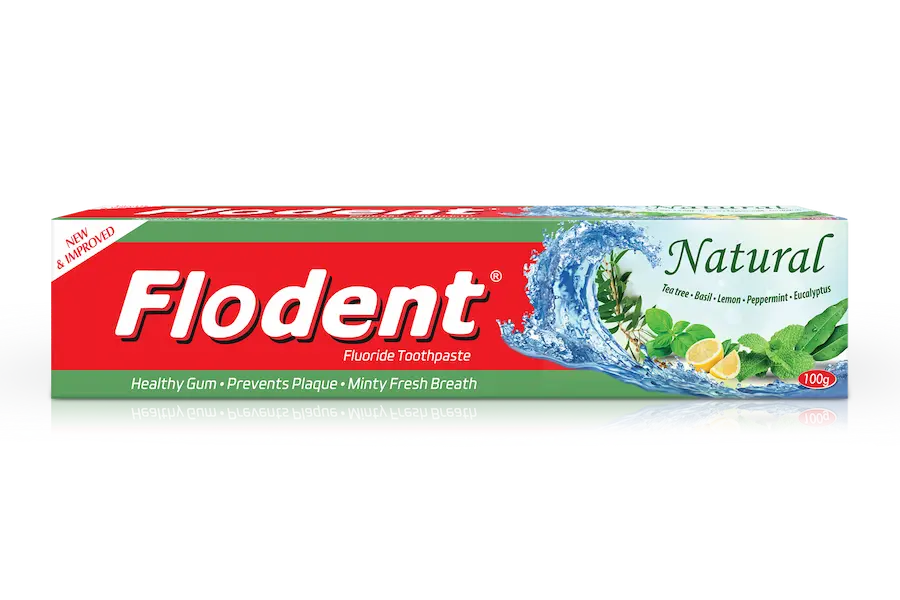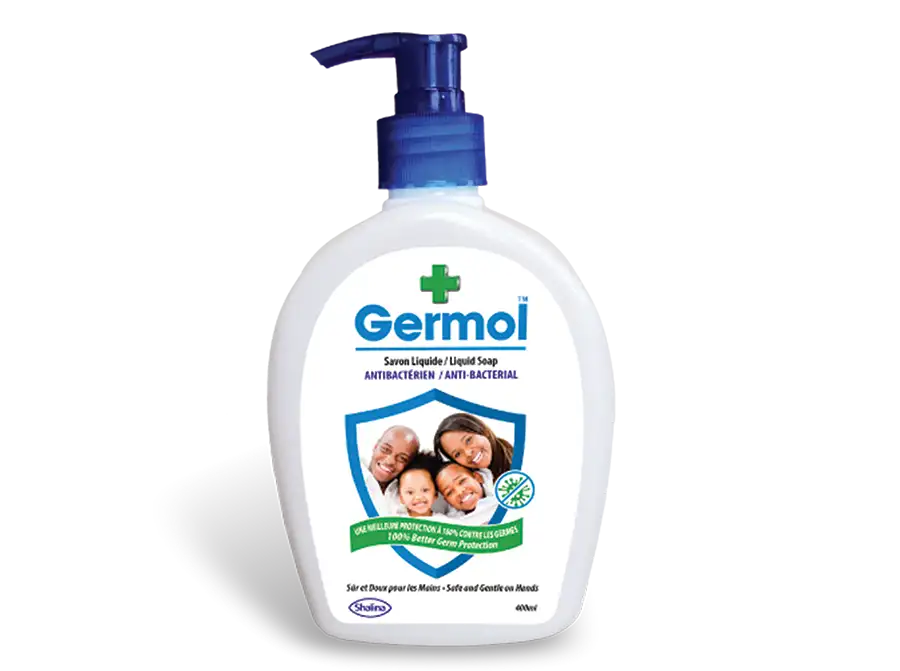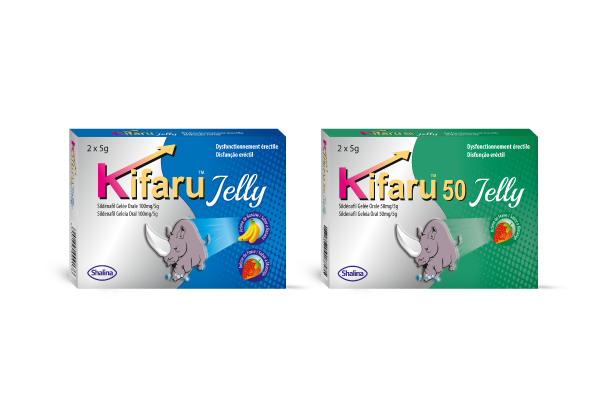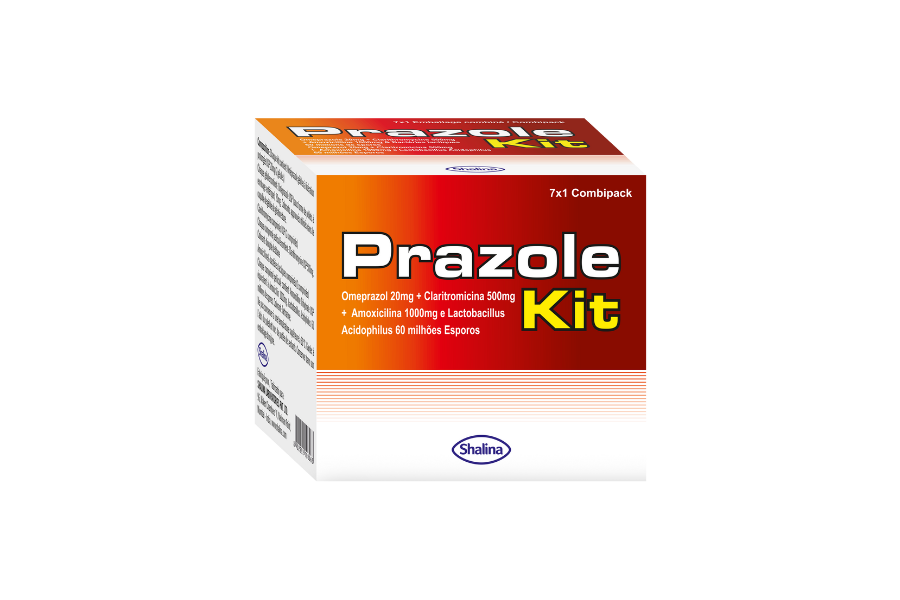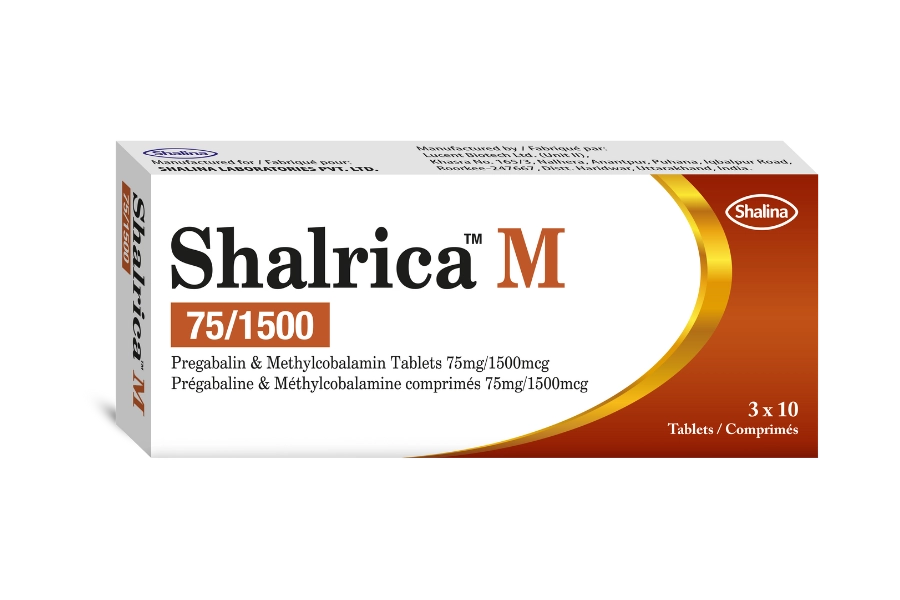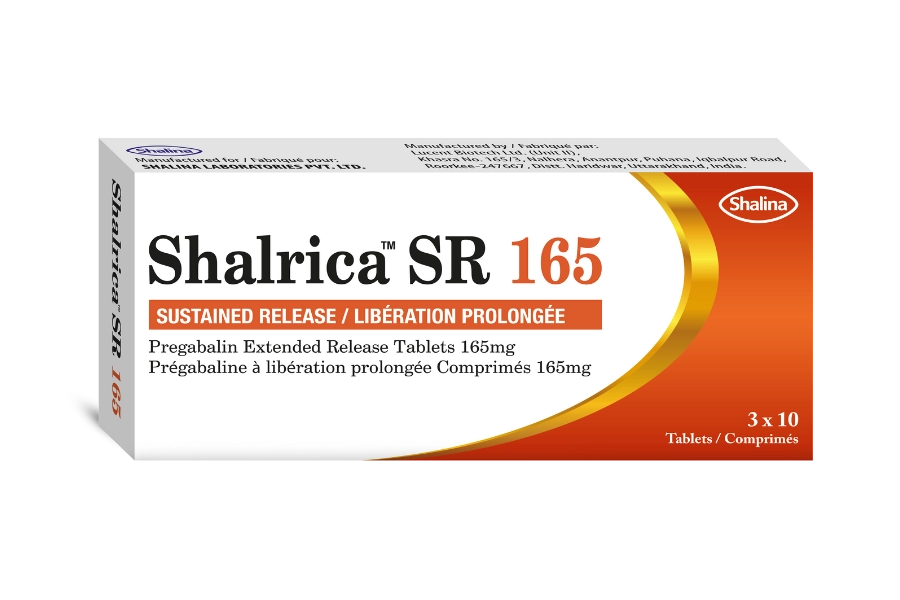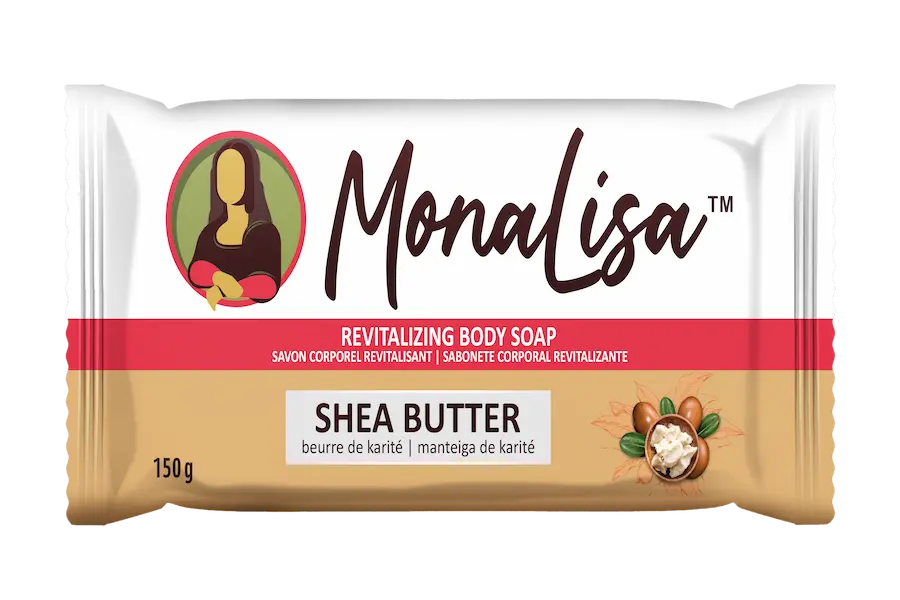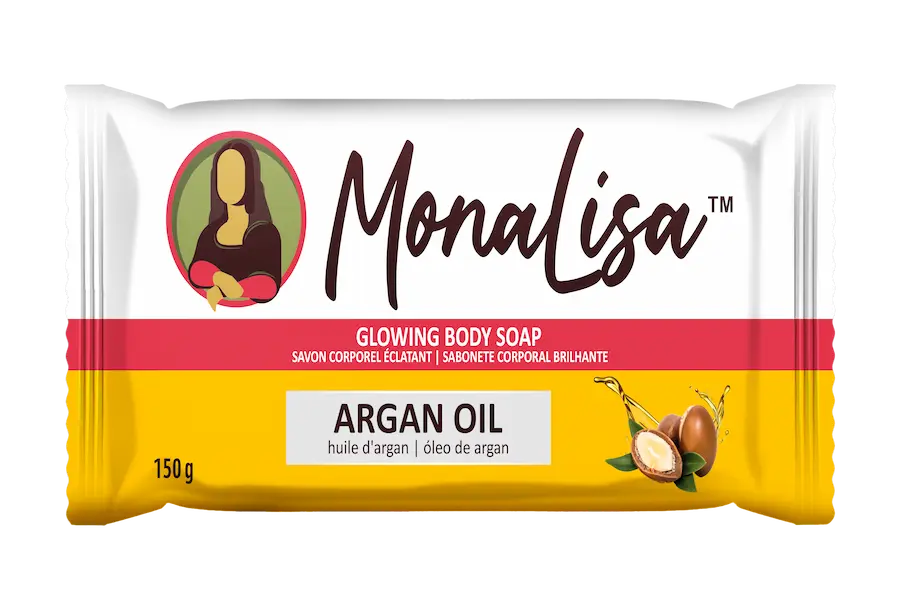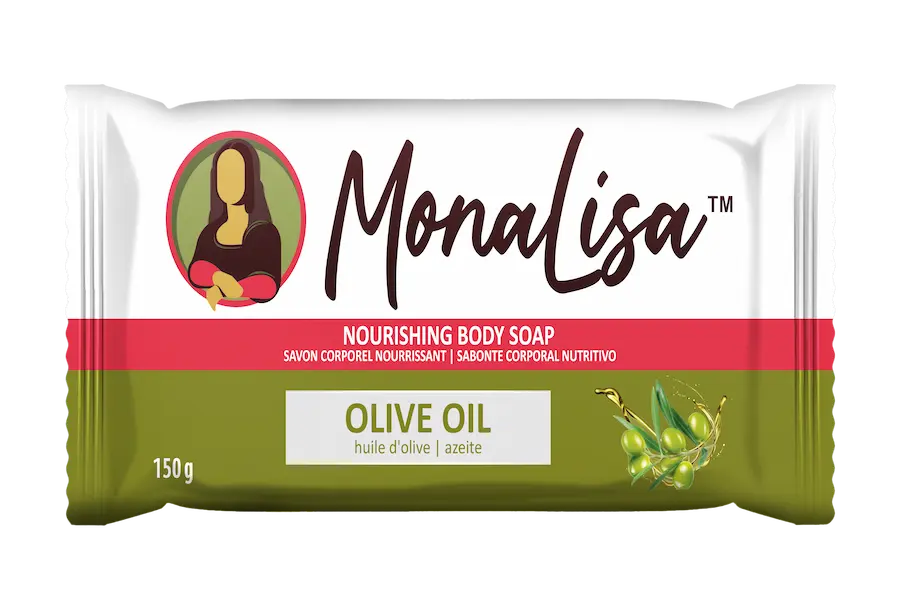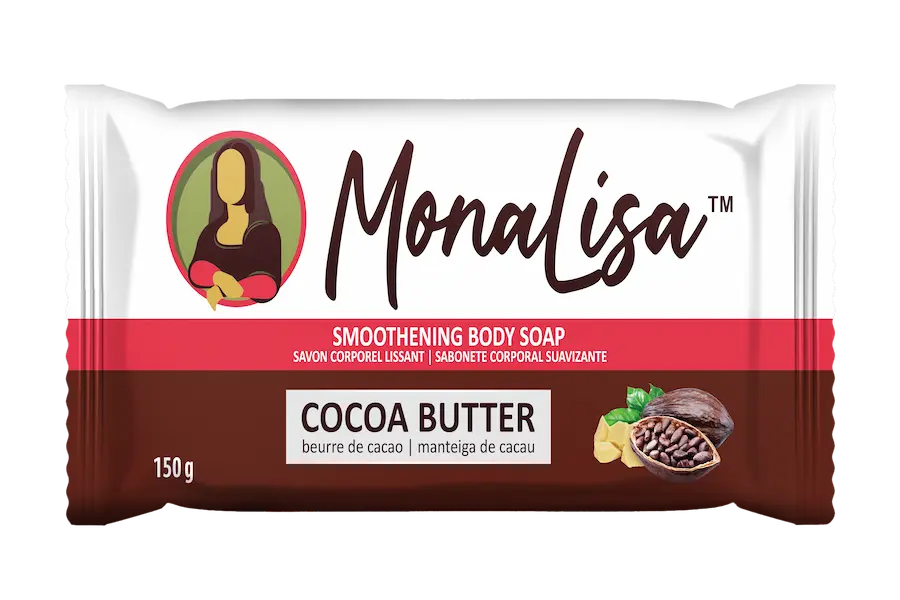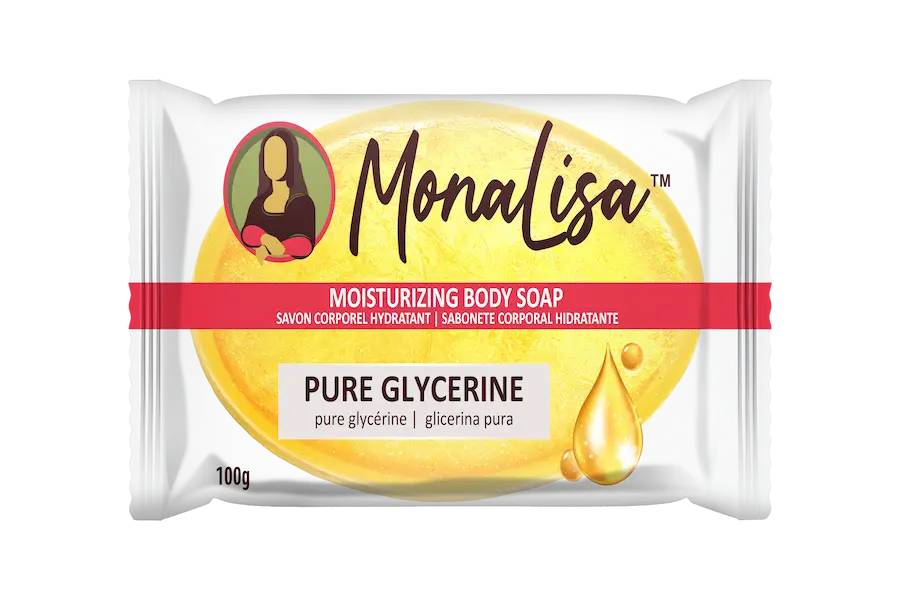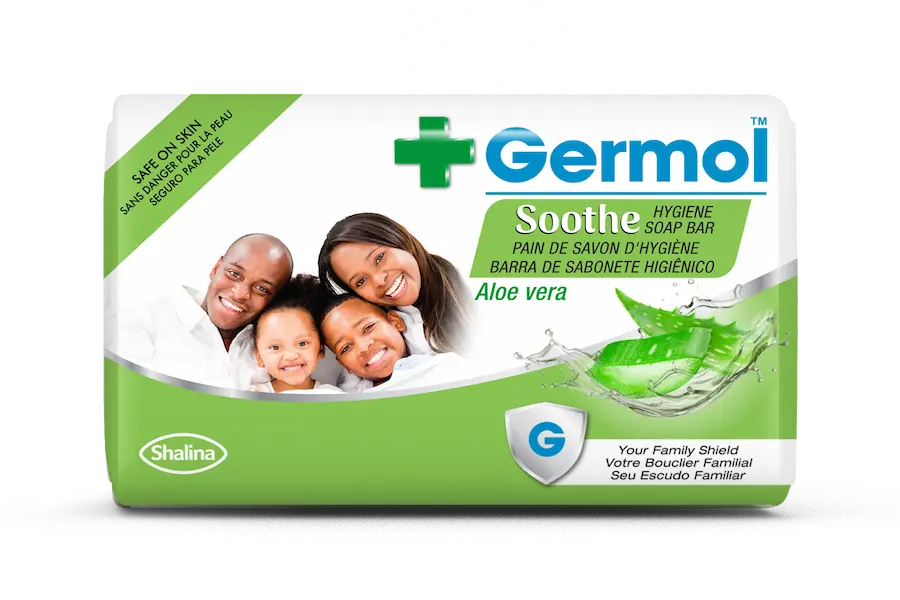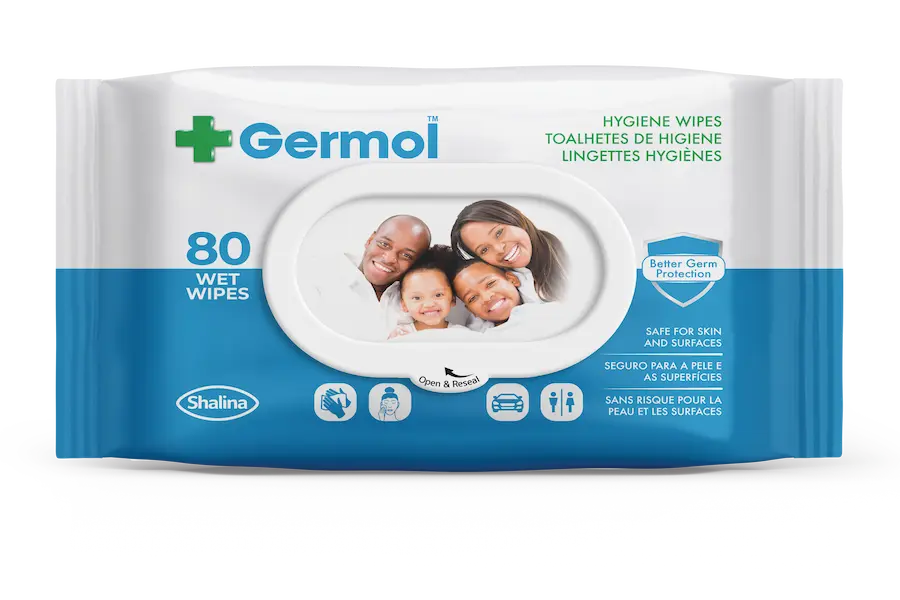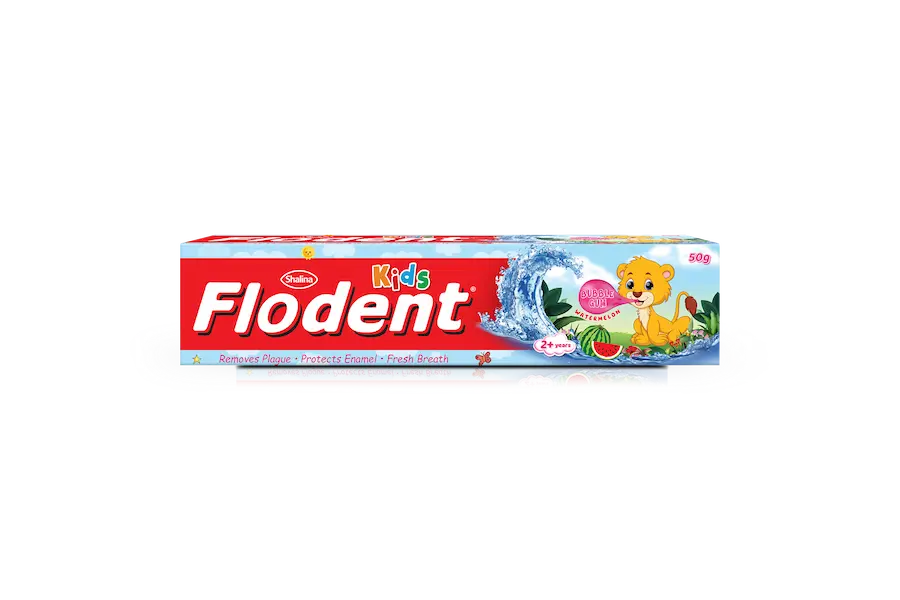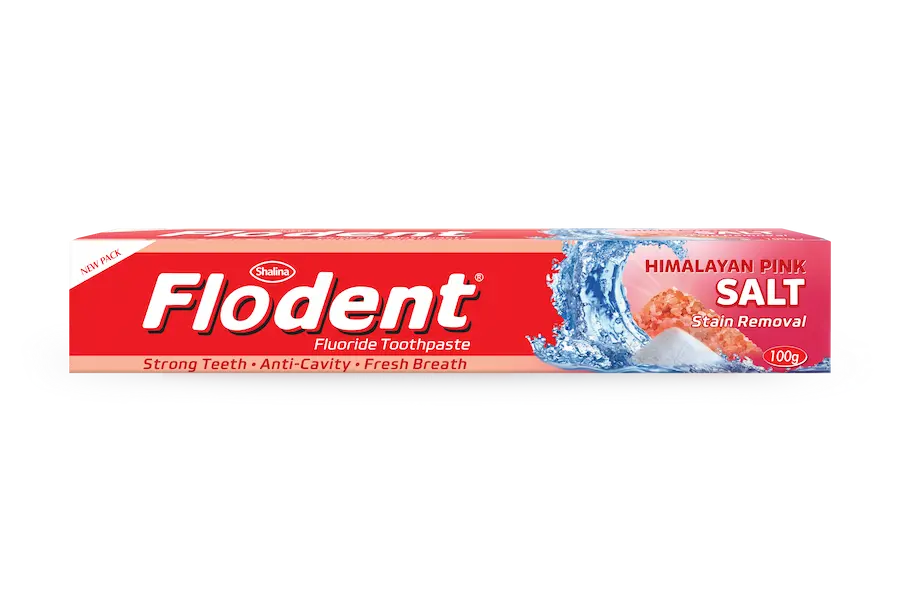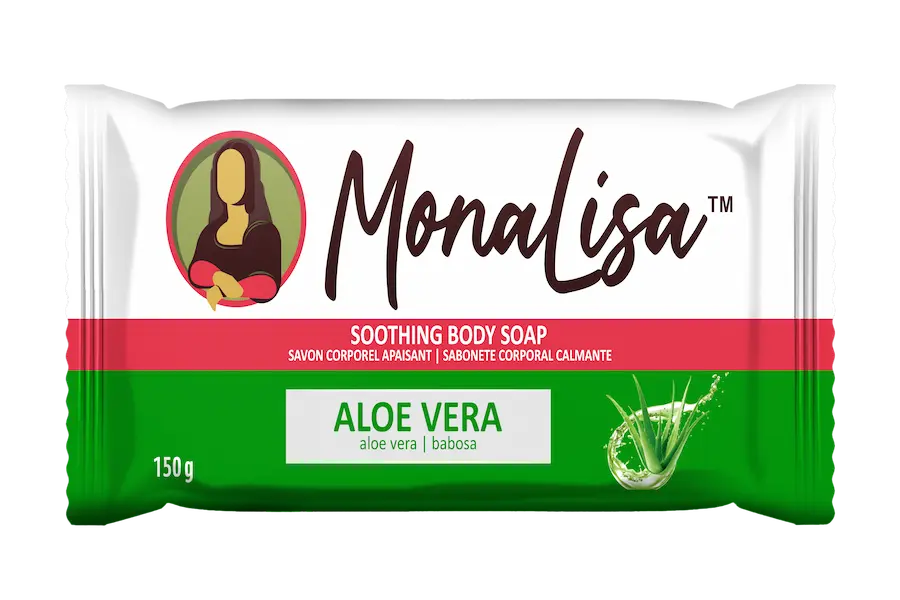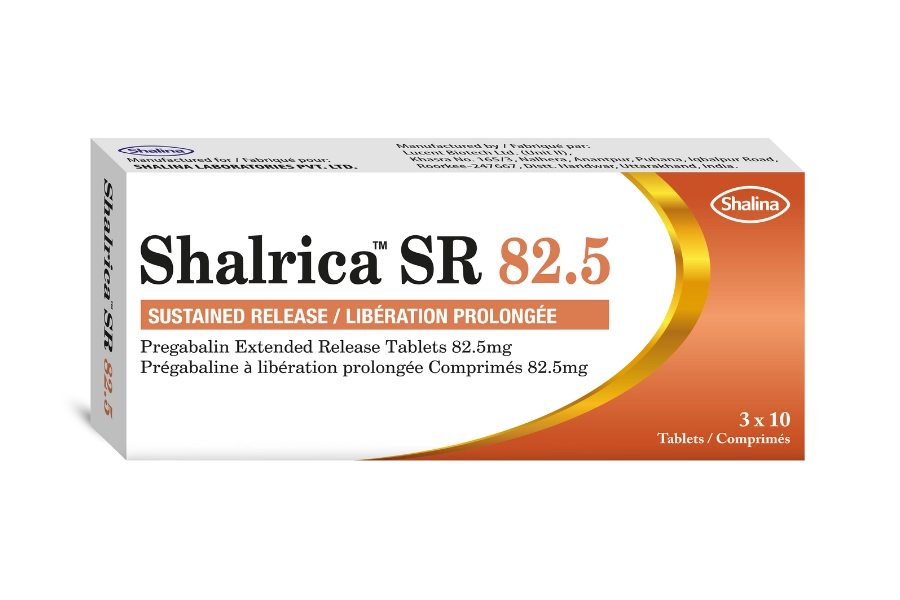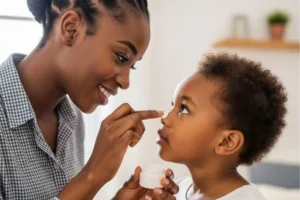Diarrhoea (runny stomach, passing many loose or watery stools) is something most of us have had at some point. Here’s how to get through it:
- Replace lost fluids and salt
- Drink plenty of water and fluids that replace electrolytes. These help prevent dehydration and keep your body’s mineral levels balanced.
- Oral rehydration solution (ORS) is best — you can buy it at the pharmacy or make your own with 1 litre of clean water, 6 level teaspoons of sugar, and half a teaspoon of salt.
- Good choices include clear broths, and sports drinks, and if your stomach can tolerate them, diluted, pulp-free fruit juice.
- Eat nourishing foods
- Choose low-fibre foods that are gentle on your stomach.
- Try the BRAT diet: Bananas, white Rice, Applesauce, and Toast.
- You can also eat boiled potatoes, noodles, lean chicken or turkey without skin, and mild fish.
- Avoid things that make diarrhoea worse
- Stay away from caffeine (coffee, strong tea, green tea, chocolate)
- Avoid alcohol
- Steer clear of foods and drinks that cause gas, such as beans, cabbage, Brussels sprouts, beer, and fizzy drinks.
- Dairy can be harder to digest during diarrhoea, so avoid milk, cheese, and yoghurt until you recover.
- Rest
- Your body needs energy to fight the cause of diarrhoea and recover. Take it easy and avoid strenuous activity.
- Practise good hygiene
- Wash your hands with soap and clean water after using the toilet and before eating or preparing food.
- Keep toilets and surroundings clean to prevent spreading germs to others.
- Take zinc supplements
- Zinc helps your gut heal faster, especially for children. Ask your healthcare provider or pharmacist about the right dose.
Conclusion
Diarrhoea usually improves within a couple of days, but it can be dangerous if you become dehydrated. See a doctor urgently if you have very little or no urine for several hours, a very dry mouth, sunken eyes, or extreme thirst, high fever or blood in your poo. So, remember: stay hydrated, eat gently, keep clean and give your body the care it needs to bounce back.
References
https://www.who.int/news-room/fact-sheets/detail/diarrhoeal-disease#
https://my.clevelandclinic.org/health/diseases/4108-diarrhea
https://www.mayoclinic.org/diseases-conditions/diarrhea/diagnosis-treatment/drc-20352246
https://bmcpublichealth.biomedcentral.com/articles/10.1186/s12889-024-19334-8#
https://journals.plos.org/plosone/article?id=10.1371/journal.pone.0326501#

